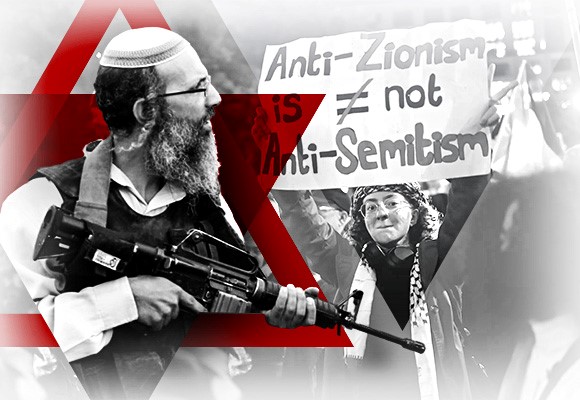Calling someone antisemitic simply because they criticize Israel is not only false — it’s dangerous. This weaponization of the term doesn’t protect Jewish communities from real hatred; instead, it cheapens the meaning of antisemitism and turns it into a tool of intimidation.
For journalists who dare to report the truth about Palestine, the Israeli occupation, or the violence inflicted upon civilians, the accusation comes quickly: “You’re biased. You’re anti-Israel. You’re antisemitic.” But journalism is not about balance between truth and propaganda — it’s about reporting what is real and verifiable.
If we were covering the transatlantic slave trade, would we be expected to give equal time to the slave ship captains? If we stood at the gates of a Nazi concentration camp in 1945, would we give half the story to the SS officers explaining their “side”? Of course not. We would speak to the victims, the survivors, and document the horror honestly — because that is where the truth lives.
When reporters walk through the rubble of Gaza or the graves of Sabra and Shatila, they are not obligated to amplify the official justifications of those responsible. They are obligated to report the human cost — the silenced, the wounded, the dead.
To conflate this with antisemitism is not just dishonest — it is an insult to the true victims of antisemitism throughout history. It makes a mockery of the term, and worse, it creates an environment where real antisemitism can fester, disguised beneath a backlash against false accusations.
The struggle for truth must remain unchained. No journalist, thinker, or citizen should be silenced for demanding justice for the oppressed — whether in Gaza, Beirut, or anywhere in the world.



